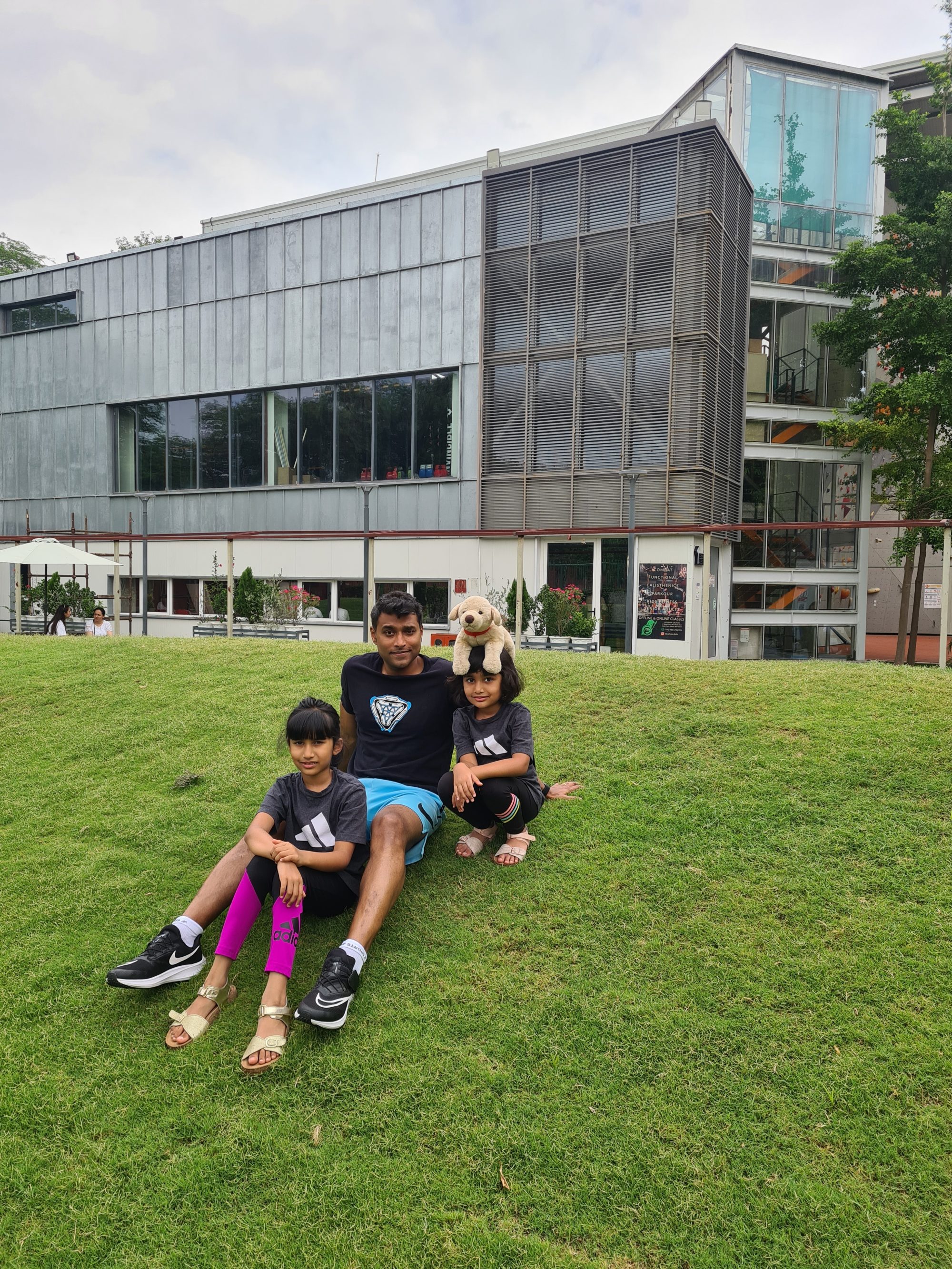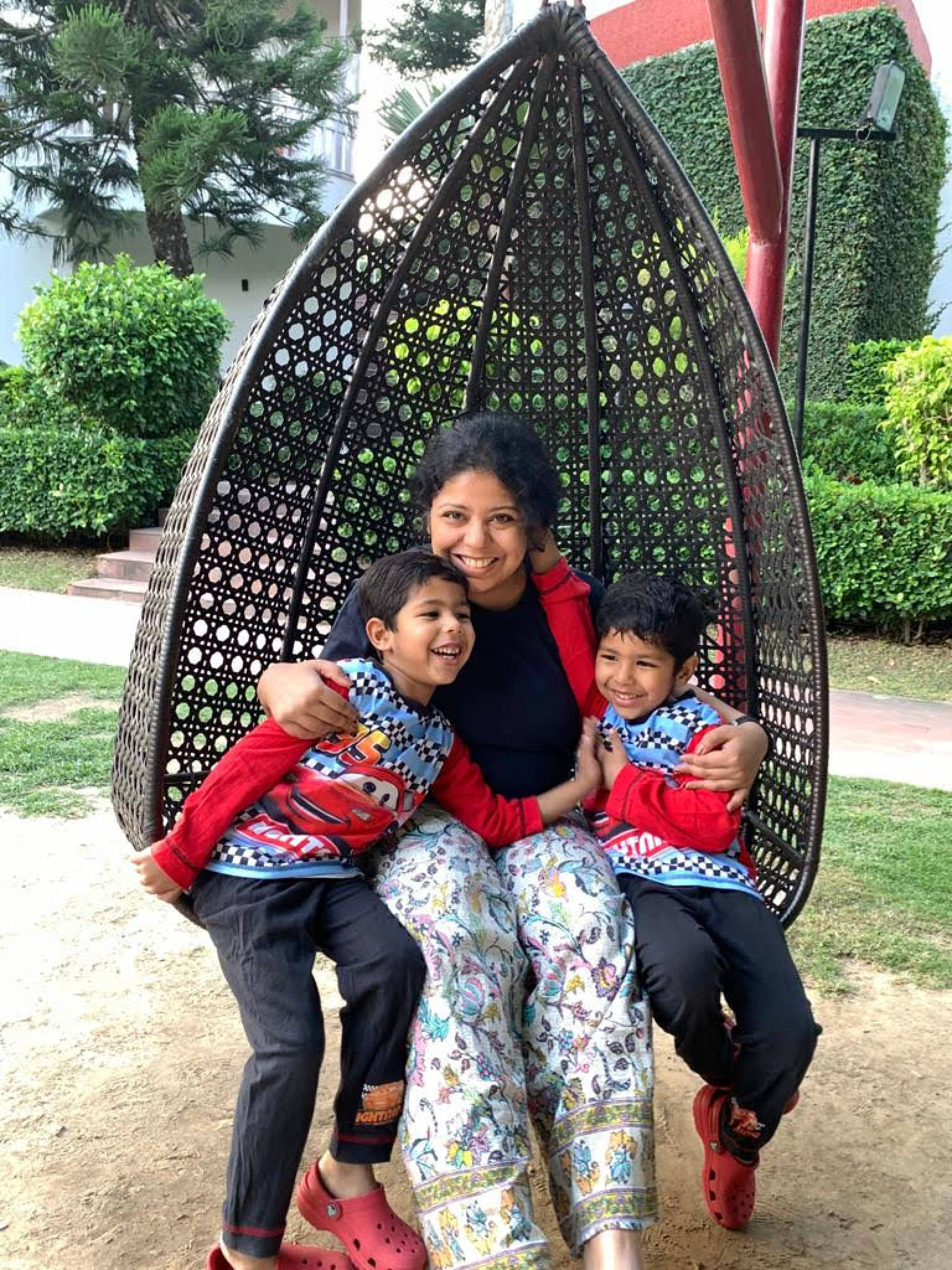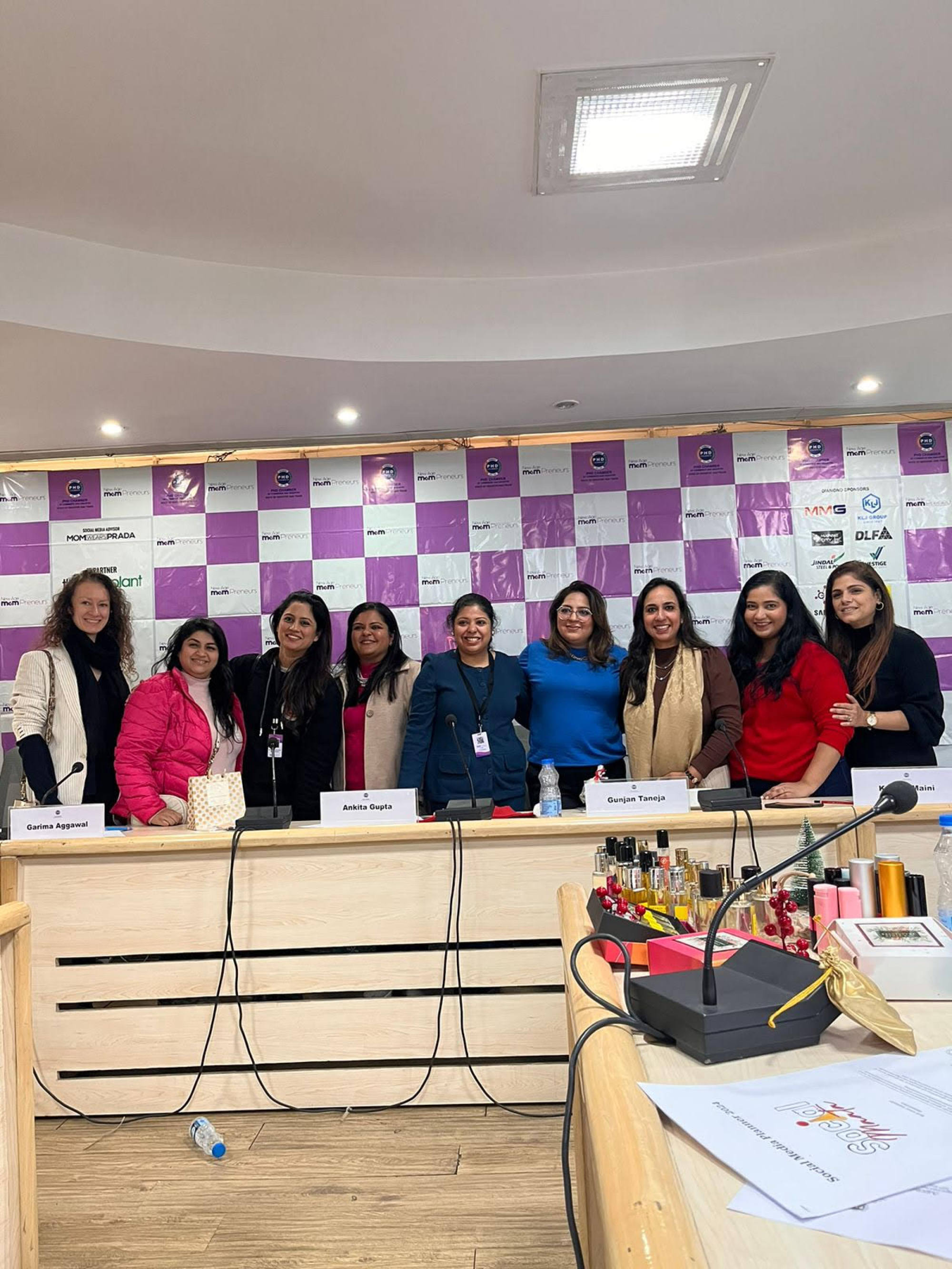
How the ‘anti-grindset’ movement is taking hold, as work-life balance takes priority
- A corporate high-flyer redefines his lifestyle after seeing colleagues die from stress-related illnesses; another overcomes infertility to have two children
- A retreat helps burned out professionals recover from the ‘daily grind’ through forest bathing, meditation, yoga, movies under the stars and more
The “anti-grindset” movement has gained increasing prominence on social media as an opponent of the “hustle culture” that promotes the relentless pursuit of work and performance.
Its adherents advocate work-life balance and see “hustling” – working without rest, relaxation and time for self-care – as a sign of workaholism and a recipe for stress.
Just thinking nonstop about work triggers physiological stress that leads to emotional distress, depression and cognitive decline, they say.
A study published a decade ago in the American Human Resource Management Journal suggested that workaholism develops from an entrenched belief that a person should keep working until they feel that they have done “enough”.

That was in 2014. Many professionals are now rebelling against that work culture.
In 2022, insurance company Prudential surveyed more than 2,000 workers in the United States. More than 70 per cent of them had prioritised, or were considering prioritising, their personal lives over their jobs and careers.
These people took an extended break from work. How you can too
This sentiment found expression on social media in terms such as “quiet quitting”, in which people disengage from work because of their lack of downtime.
Akash Premsen, 42, vice-president of strategy at Triveni Engineering and based in New Delhi, India, calls himself “the biggest advocate” of the “anti-grindset” movement – despite having been part of the corporate set-up for over two decades.
“Corporate life has become synonymous with a toxic work culture that, if one isn’t mindful, can mess with one’s health,” he says. “Two of my close acquaintances in their forties collapsed and died at their work desks due to work-related fatigue.
“It was a wake-up call [for me] to pivot to a healthier work regime and strive for work-life balance.”
In China, it’s lying flat. The US, gap years. Either way, things are changing
“My dogs and my kids are my biggest stress busters. After office, I make sure to play with them to recharge myself. I also take downtime, and exercise at my home gym, which releases endorphins while keeping me healthy.”
Ankita Gupta, a Delhi-based chartered accountant, gave up a high-paying corporate job at Deloitte where she had “slogged” for 14 to 16 hours a day, six days a week, eating junk food and neglecting her health.
A gallbladder full of stones: a Chinese daughter learns to manage stress
She paid a price for her work habits – gaining a lot of weight and developing insulin resistance, a hallmark of type 2 diabetes, and polycystic ovary syndrome (PCOS), which makes women’s periods irregular and painful and causes infertility.
Gupta says: “I was also not able to conceive despite several rounds of IVF, which was hugely disappointing for me, and my husband, as we’re very fond of kids.”

The change was transformative. Gupta lost weight, felt better – and conceived twins.
She thought long and hard about her career. After weeks of deliberation, she resolved not to return to corporate life despite the lure of a fat pay packet.
Instead, she launched Mompreneurs, a networking platform that helps married women and mothers grow businesses, develop skills and gain industry insights. Creating the platform has been so enriching that Gupta calls it her third child.

“It also made me realise that unless I’m a happy, fulfilled person, I cannot create happiness around me. The decision to reorient my life and create equilibrium between my various roles has been the wisest one I’ve made,” she says.
Her passion project has grown from just two members in 2020 to a 270-strong community. Most are the chief executives of successful start-ups.
They network, support each other, collaborate and create meaningful synergies through panel discussions, workshops and webinars, Gupta says.

“The idea is to focus on making life easy and stress-free for ‘mompreneurs’ by providing a support system. In the process, I’ve also been able to manage my home, my twins, and take good care of my health,” she says.
Manvi Lohia is head of holistic health at Ekaanta, a wellness retreat on the banks of the Ganges River in India’s northern Uttarakhand state. She says overworked urban professionals often have too little sleep, low emotional resilience and a poor mind-body connection.
This triggers all kinds of stress-related problems, she says, noting that most guests complain of high stress levels – often a result of a preoccupation with work and money.

“Indians are known to be work obsessed and often take work home due to a lack of clearly defined [work-life] boundaries.”
They come to get away from the grind and achieve balance in their lives, she says.
Want to lower stress and chronic illness risk? Try Hong Kong forest bathing
Lohia says: “We give the clients simple and sustainable tips they can follow while leading a mindful life once they get back to the grind.”

